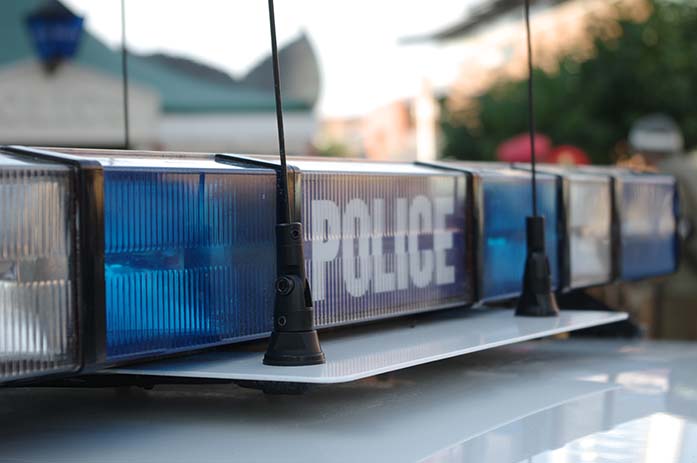The nation’s police are under heavy scrutiny, and in Iowa, there’s no exception. Body cameras on active officers have been fully implemented in Coralville, North Liberty, and Iowa City.The University of Iowa’s police have had body cameras since 2012. The move to place cameras on officers has consequences that are still being sussed out, but they are far more beneficial than detrimental.
Civilian safety and police behavior can benefit with the use of body camera technology. The financial costs of such programs are exceeding local expectations. In Coralville, the body cameras worn by officers were purchased with federally allocated money. The storage of footage is the problem that continues to cost more.
Initially, 6 terabytes were purchased for storing the footage. Anyone with any experience in data storage, such as a home movie, could recognize that the multitude of hours recorded daily would require far more space. To be clear, an officer’s day isn’t recorded, just the interactions with civilians. It’s still a lot of data that come from the Coralville police force of 33 officers. The city moved to purchase 60 terabytes for storage and another 60 as backup. This should hold for now, but eventually the question of how long video should be held will be subject for debate.
Still, body cameras don’t make all people feel safe in their communities. Sometimes, the footage can add to the very real fears civilians have. The recent release of dashboard cam footage from Chicago, in which Laquan McDonald can be seen unarmed and killed, shot 16 times, is terrifying. That the city fought desperately to keep this video from the public for 14 months and it is now missing audio, are chilling reminders that cameras don’t magically solve problems. Those who have the footage will be the ones who can use it.
The NAACP was understandably outraged (as all should be) by the McDonald video and its lengthy time away from the eyes of the public and federal authorities, having called for the release since the shooting. It took the videos release for the Justice Department to launch an investigation. Right next door, of course, is Iowa. Iowa has not been a national focal point of racial tension, but that doesn’t mean there aren’t serious concerns in racial bias by police. So the NAACP has introduced a new anti-bias bill for the Iowa Legislature. Thirty-one states have adopted anti-profiling laws, and Iowa is in need of such a bill. It must be comprehensive, specific, and actually passed for it to be effective. And Iowans need it to be effective. Racial profiling is commonplace.
A study by the ACLU in 2013 found that though marijuana is used by white and black Iowans at the same rate, black Iowans are eight times more likely to be arrested for possession of small amounts of the substance. There are only two cities in Iowa that track and share traffic arrest data, Davenport and Iowa City. In both, a study by St. Ambrose found black motorists were more likely to be pulled over than white motorists. A study of two years of data found that in many Iowa counties, blacks are incarcerated at a rate 10 times higher than any other race. It easy to see why being a black Iowan can mean feeling intimidated by the racial targeting of police.
The Daily Iowan Editorial Board would like to see the bill proposed by the NAACP of Iowa and Nebraska passed during the next session of the Iowa Legislature. Black Iowans are being targeted unfairly. When targeted unfairly, fear and distrust follow.



